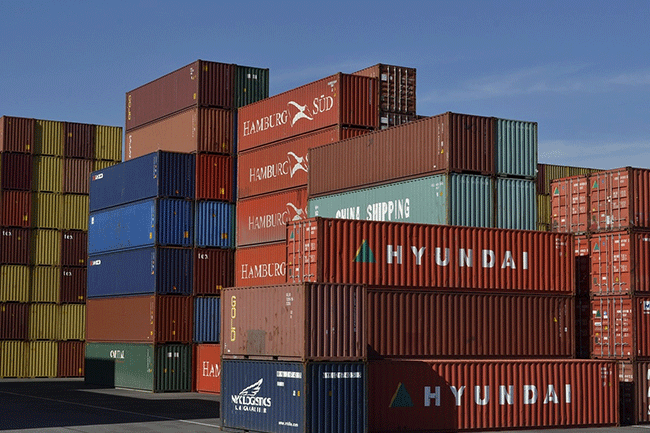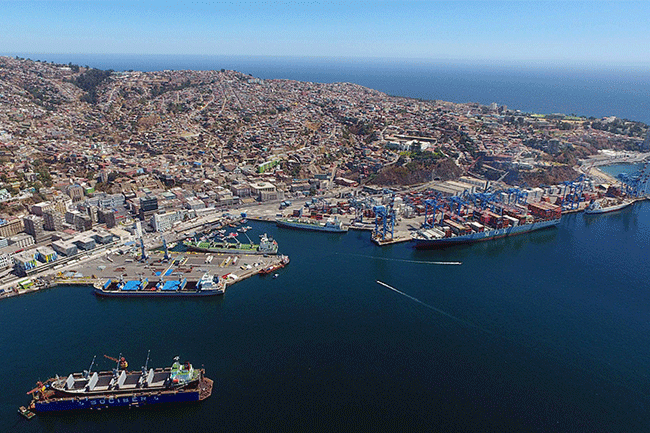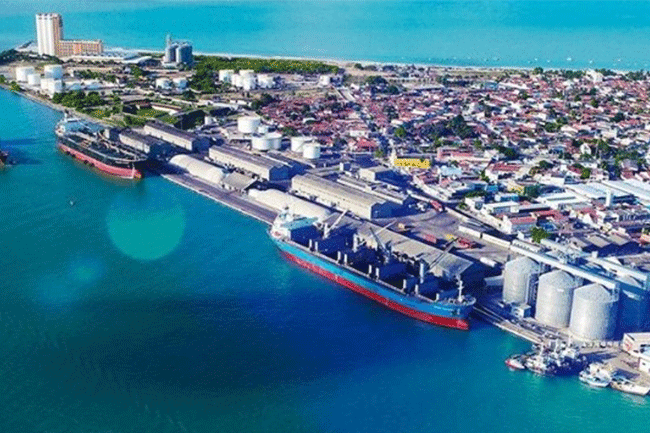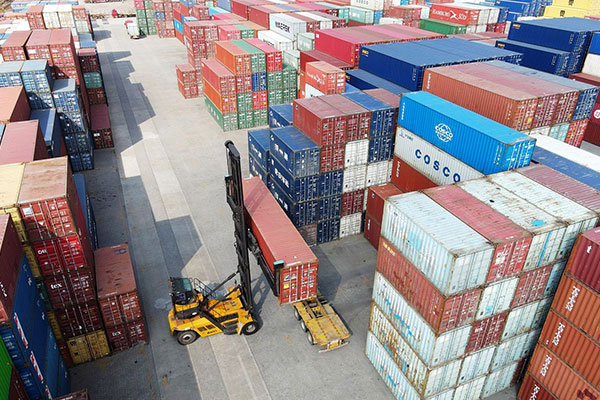- Shanghai Zhongshen International Trading Co., Ltd. – Your reliable partner with 20 years of import/export agency service expertise.
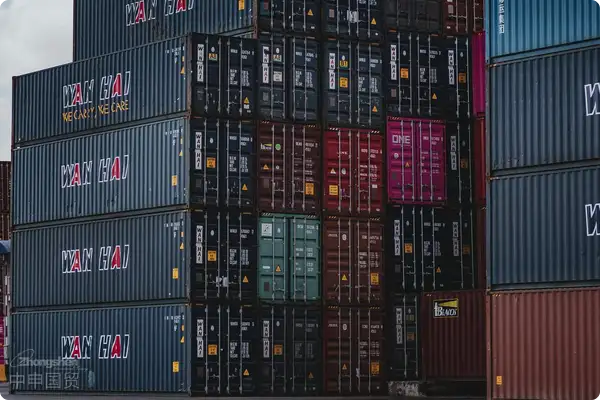
Introduction
In today's increasingly prosperous global trade, the market for imported German tea beverages shows great potential. For many enterprises, successfully introducing German tea beverages into the country requires a precise grasp of theforeign tradeImport and export's various links. AndZhong Shen International Trade Co., Ltd., a company dedicated to importExport Agent ServicesA professional service company can provide strong support in this process.
Professional Competence of ZhongShen International Trade: Document Processing and Logistics Arrangement
Document handling is a key link in import trade. ZS-INTL has an experienced documentation team that can handle various trade documents accurately and efficiently. From the Commercial Invoice to the Bill of Lading, from the Packing List to theOrigin Certificatecertificate (Certificate of Origin), with every document being prepared in strict accordance with international trade norms and the requirements of the destination port.
For example, the commercial invoice needs to detail the description, quantity, and value of the goods, ensuring it is consistent with the actual goods and contract terms, providing an accurate basis for customs declaration and tax calculation. The bill of lading is the document of title, and its accuracy is directly related to the smooth delivery of the goods. The ZS-INTL team is well aware of the importance of these documents and will carefully check every detail to avoid delays or fines caused by documentary errors.
In terms of logistics arrangements, ZS-INTL, with its extensive logistics network and long-term cooperative high-quality logistics suppliers, can provide customized logistics solutions for imported German tea beverages. Whether it'sMaritime transport(Ocean Freight) orAir freight(Air Freight), can be reasonably chosen based on factors such as the characteristics of the goods and the delivery time.
If the quantity of goods is large and the time requirement is not particularly tight, sea freight is a more economical choice. ZS-INTL will assist clients in choosing a suitable shipping schedule and arrange a series of operations such as booking space, packing, and customs declaration. For tea beverage products that need to be launched urgently, air freight can ensure the rapid delivery of the goods. At the same time, during the transport process, the goods will be tracked throughout, with real-time monitoring of the cargo's status to ensure it arrives at its destination safely and on time.
Russian Market: VTBConvert foreign exchange into RMBAdvantages
Although the main topic is importing German tea beverages, the Russian market is also an important business area for ZS-INTL, and it has a unique advantage in VTB settlement in the Russian market. Settlement of exchange, simply put, is the process of converting foreign currency obtained from exporting goods into the national currency. In trade with Russia, settling through VTB Bank has many advantages.
As an important financial institution in Russia, VTB Bank has extensive influence in both domestic and international trade settlement. ZS-INTL has established a long-term stable cooperative relationship with VTB Bank and can provide clients with efficient and convenient settlement services. Its settlement process is relatively simple, and under the premise of complying with relevant regulations and bank requirements, it can quickly complete the exchange and crediting of foreign exchange funds.
For example, after the enterprise has completed the delivery of the exported goods and obtained the relevant shipping and commercial documents, they are submitted to ZS-INTL. ZS-INTL will then assist the enterprise in organizing and submitting the settlement application materials to VTB Bank. After the bank verifies them, it will convert the foreign exchange into RMB at the day's exchange rate and transfer it to the enterprise's designated account. This process not only saves time costs but also reduces settlement risks, providing strong financial support for the enterprise's trade activities in the Russian market.
Southeast Asian Market: Import and Export Processes and Solutions
Import Process
When imported German tea beverages are transshipped or sold in the Southeast Asian market, a rigorous import and export process must be followed. The first step is market research and customer development to understand the market demand, consumption habits, and regulatory policies for tea beverages in various Southeast Asian countries. For example, different countries may have different requirements for the ingredients and labels of tea beverages.
After determining the market and customers, a trade contract is signed. The contract needs to specify key terms such as the quality, quantity, price, delivery date, and payment method of the goods. Taking the payment method as an example, common ones are?L/C?(Letter of Credit, abbreviated as L/C), Telegraphic Transfer (abbreviated as T/T), etc. A letter of credit is a conditional payment commitment issued by a bank to an exporter based on an importer's application. It is relatively safe but has cumbersome procedures. Telegraphic transfer is divided into pre-T/T and post-T/T. Pre-T/T is payment before shipment, and post-T/T is payment after shipment. Each has its pros and cons and should be chosen based on the level of trust between the two parties and the transaction situation.
Then comes arranging for transport and customs declaration. Goods can be shipped from Germany to Southeast Asia by sea or air. After arriving at the destination port, customs declaration procedures are required. When declaring to customs, documents such as the commercial invoice, bill of lading, packing list, and certificate of origin must be submitted, and the declaration must be made according to the requirements of the local customs. Different countries have different regulatory policies for imported goods; some countries may impose higher tariffs on tea beverages, while others may conduct strict inspections on specific ingredients.
After the goods are cleared through customs, pickup and delivery to the final customer can be arranged. During this process, ZS-INTL can assist the enterprise in handling issues at various stages to ensure the smooth flow of the goods.
Solution
In response to the complexity of the Southeast Asian market, ZS-INTL provides a series of solutions. In terms of market research, it utilizes its local partners and market research resources to provide enterprises with detailed and accurate market analysis reports, helping them to accurately position themselves in the market.
In the trade contract signing stage, with its extensive experience, it assists enterprises in formulating reasonable contract terms to avoid potential risks. For the choice of payment method, it provides professional advice based on the enterprise's actual situation and transaction characteristics. In terms of transport and customs declaration, it has established close cooperative relationships with local freight forwarders and customs brokers, enabling it to efficiently handle transport and customs clearance matters, ensuring the timely and safe delivery of goods.
Challenges and Opportunities in the Current International Trade Landscape
Challenges
The current international trade situation is complex and ever-changing, which brings many challenges to importing German tea beverages. The rise of trade protectionism has led some countries to continuously increase tariff barriers, increasing import costs. For example, some countries may impose high anti-dumping duties or safeguard tariffs on imported tea beverages, which directly affects the product's price competitiveness.
In addition, the trade regulations and standards of various countries are becoming increasingly strict. Different countries have different requirements for the ingredients, labels, and quality of tea beverages. For example, EU countries have strict regulations on pesticide residues and the use of additives in food, while some Southeast Asian countries may have special requirements for the packaging materials and label language of imported food. If an enterprise is not familiar with these regulations and standards, it is easy to have its goods returned or fined.
Global logistics and transport also face instability. The impact of the pandemic has led to tight space in sea freight, a sharp rise in freight rates, and longer transport times. Although air freight is fast, the cost is high and is subject to flight restrictions. All these increase the uncertainty of logistics costs and cargo delivery.
?Opportunities?
Despite the many challenges, there are also many opportunities. With the gradual recovery of the global economy, consumer demand for beverages such as tea is constantly growing. Especially in emerging markets, the rise of the middle class and consumption upgrades provide a broad market space for high-quality German tea beverages.
The development of digital trade has also brought convenience to the import business. More and more trade links can be completed through online platforms, such as the use of electronic documents and online payments, which improves trade efficiency and reduces transaction costs. At the same time, countries are also actively promoting the signing and implementation of free trade agreements, which helps to lower tariffs, reduce trade barriers, and create a more favorable trade environment for importing German tea beverages.
Product Certification Services
For imported German tea beverages, product certification is an essential step. Different markets have different certification requirements for tea beverages. For example, to enter the EU market, it is necessary to comply with relevant food safety standards, such as EU Food Hygiene Regulation (EC) No 852/2004, and may require corresponding certification marks, such as BRC (British Retail Consortium certification), IFS (International Food Standard certification), etc.
Although ZS-INTL does not directly provide certification services, it will fully leverage its professional advantages to assist clients in understanding the specific requirements and procedures of the required certifications. It will inform clients of key information such as the choice of certification bodies, the materials required for the certification application, and the certification fees and timeline. It helps clients prepare the relevant documents for the certification application process, such as product manuals, production process flows, and quality control system documents, to ensure that clients can successfully pass the certification and that their products can enter the target market in compliance.
Conclusion
Importing German tea beverages involves many complex foreign trade links. Whether it's document handling, logistics arrangements, or responding to the characteristics of different markets and the international trade situation, professional knowledge and experience are required. ZS-INTL, with its professional capabilities in document handling and logistics services, as well as its VTB settlement advantage in the Russian market and its in-depth understanding of the Southeast Asian market, can provide enterprises with comprehensive and efficient import and export agency services, helping them succeed in the German tea beverage import business.
? 2025. All Rights Reserved.
